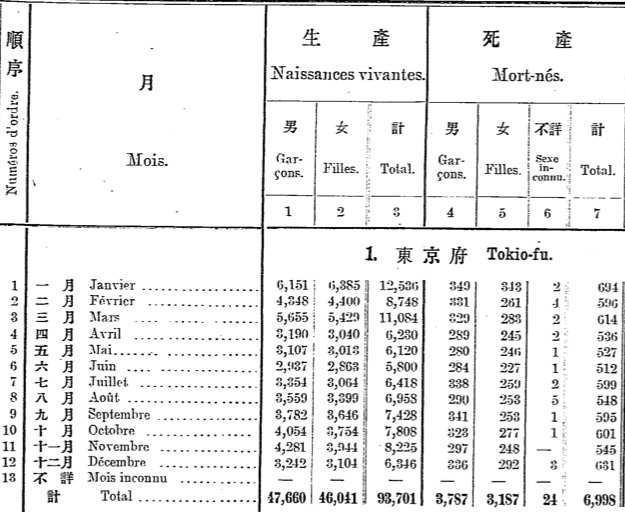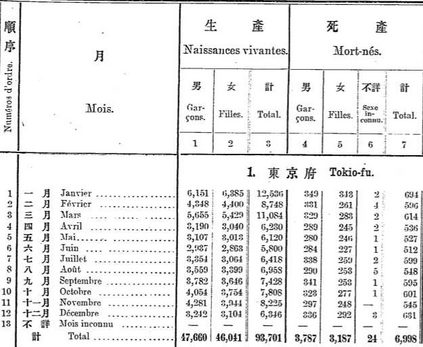This study uses data from the 1918-1920 influenza pandemic in Japan along with newly digitized and complete census records on births, infant deaths, and sex ratios during childhood to analyze mortality selection in utero and its role in the gender imbalance. I find that fetal exposure to the influenza pandemic during the first trimester of the pregnancy decreases the proportion of males at birth. The results from mechanism analysis suggest that this decline in male births is associated with the deterioration of fetal and infant health. This result supports a wide range of existing literature on the long-run adverse effects of pandemic influenza. Analysis of population census data provide evidence suggesting that postnatal influenza exposure has long-term impacts on the gender imbalance among children, thereby implying potential disturbance in the future marriage and labor markets.
翻译:这项研究利用日本1918-19120年流感大流行的数据以及关于婴儿出生、婴儿死亡和童年性别比率的最新数字化和完整的普查记录,分析子宫死亡率选择及其在性别不平衡中的作用。我发现胎儿在怀孕头三个月感染流感大流行会降低男性出生的比例。机制分析的结果显示,男婴出生率的下降与胎儿和婴儿健康恶化有关。这一结果支持了关于大流行性流感长期不利影响的多种现有文献。人口普查数据分析提供证据表明,产后流感感染会对儿童的性别不平衡产生长期影响,从而意味着未来婚姻和劳动力市场可能受到干扰。




